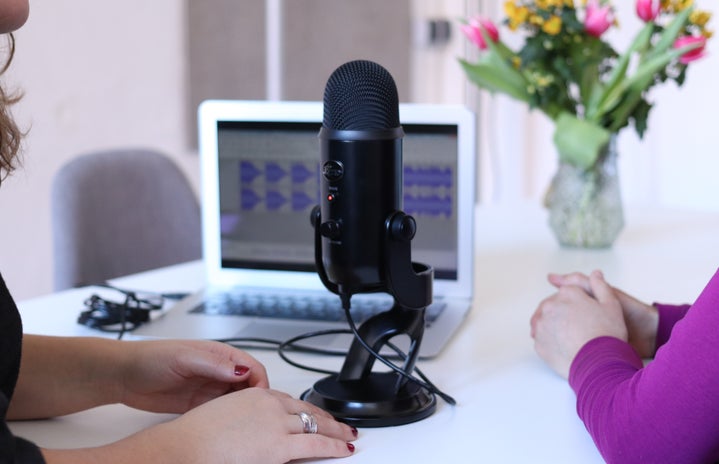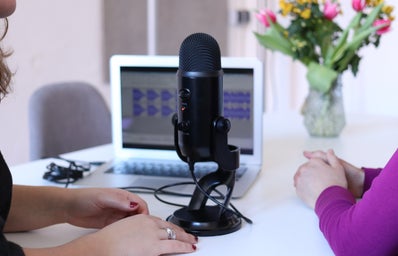At the height of Covid when I was bored of going on walks and sleeping all day, I scrolled the depths of Spotify podcasts before turning on “Crime Junkies.” That random decision in the summer of 2020 steamrolled my obsession with the world of true crime. My downloaded podcasts are now filled with episodes about brutal crimes, and my bookshelves have tons of well-researched novels about every aspect of true crime you can think of including psychology, sociology, and the crimes themselves.
My obsession is shared with many others, especially women. It seems like women are often drawn to true crime, and I have always wondered why that is. Could it be the fascination with the seemingly ‘nice’ guys that turn out to be serial killers? Or maybe it’s because women can be more empathetic when listening to these stories. For me, that is not the case, and research agrees with me too. According to the University of Illinois’ 2010 study, women consume more true crime than men while men consume more violent media than women. In my opinion, the differences between these two types of media are that true crime is more educational while gorey books are for entertainment. As men are more likely to commit violent acts, it seems that they also prefer to consume that genre of media. As women are more likely to be murdered by someone they know, many seem to consume content such as true crime.
My own attraction to true crime has always stemmed from how many of these victims look like me. A likely scenario for women that go missing or are found murdered is that an intimate partner committed the act. The statistics are terrifying. Listening to cases such as Susan Powell or Shanann Watts make me second guess ever getting into a relationship or having children based on the associated high risks. Some may call me too cautious, but I believe some women love true crime because we know how often it happens to us.
Whenever people call me paranoid for these beliefs, I reference the U.S. Bureau of Justice’s statistics on crime victims. According to the U.S. Department of Justice, 70% of victims of intimate partner violence are women, and roughly 25% of murdered women knew their killers. In addition, women are more likely to be stalked and sexually assaulted. So it seems likely that many women’s obsessions with true crime stem from the idea of how common it is for women to become victims as seen in the Bureau’s data.
For every book and podcast I listen to, I see myself in each female victim. I think about that man that wouldn’t take no for an answer in the club and the friends who were roofied and could easily have slipped away if our group hadn’t been there. Those people are my friends. Those people are me. My mother, who had long brown hair parted in the middle during Ted Bundy’s rampage, could have easily been one of the many victims.
In a way, I think that by learning about what happened to these women through my many long hours spent listening to podcasts, I can protect myself and my loved ones. I know the signs of abusers that may turn violent if a woman tries to leave. I understand the steps I have to take before going out on the weekend to keep myself and my friends safe. Unfortunately, so many people don’t, and something as routine as walking home alone at night could turn sour in an instant.
The world of true crime can be graphic, exploitative and terrifying. However, my need to understand what I can do to protect myself outweighs my aversion to these intense themes. I listen to podcasts and read books as my way of trying to make sure that nothing will happen to me or someone I love. I, like so many other women, consume high amounts of true crime. We may do it out of interest and fascination, but we also have to learn the necessary information to keep us safe.
Learn more about how to protect yourself here.


